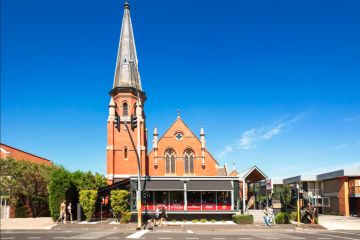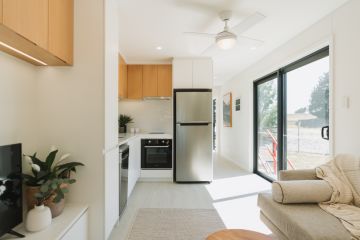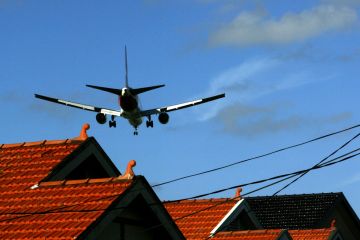Foreign buyers hit Sydney's trophy market with a run of listings
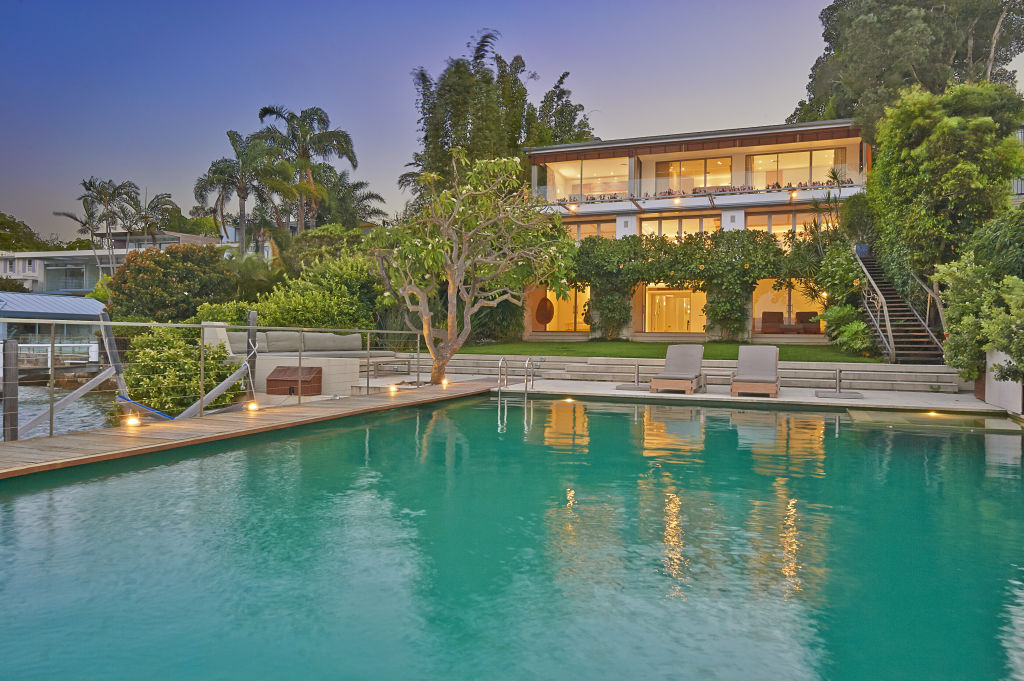
Foreigners are again making an impression on Sydney’s trophy home market but it isn’t the purchase of high-end mansions and penthouses keeping agents busy. It’s all about selling the Sydney home.
Experts on China point to the economic and political environment in that country for prompting many investors to pull out of the residential market here, but local agents say the state government’s recently introduced land tax and fears of a steeper property market downturn are fuelling the sell-off.
“High-end mainland Chinese have always been discreet about their overseas property investments,” said Juwai.com chief executive Carrie Law. “They have become more discreet in the current political environment.”
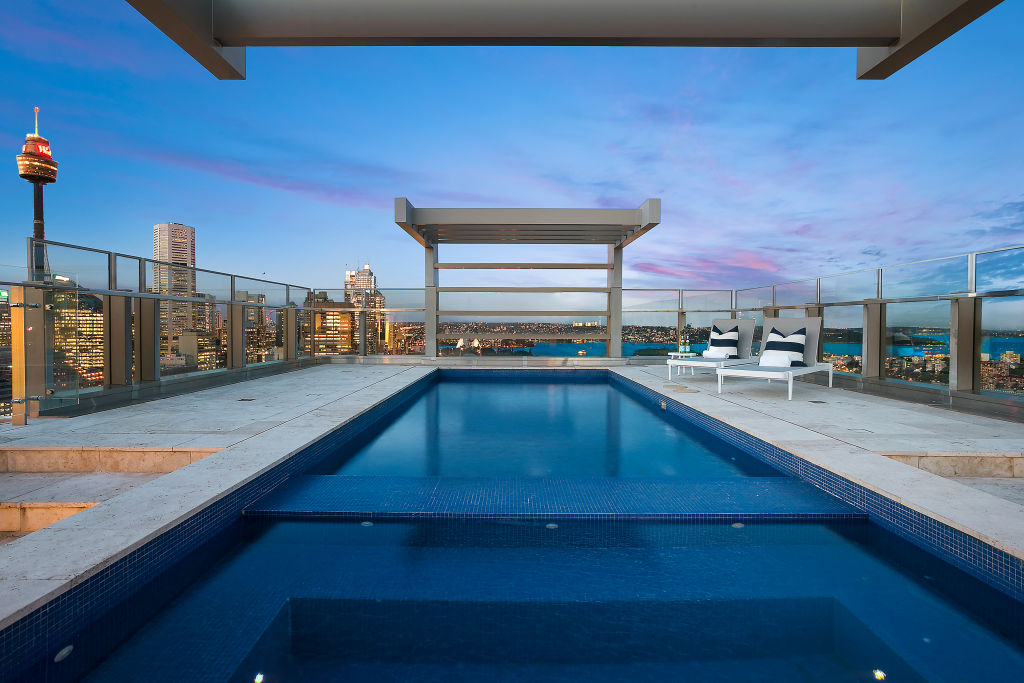
The downturn in China’s economy is also prompting some Chinese tycoons to raise cash to support their businesses, said David Chin, founder of boutique consultancy Basis Point. “Either way, they are selling their expensive holiday houses ahead of fast and furious times coming in 2019.”
Monika Tu, of BlackDiamondz Concierge, said she was not seeing any money leave the Australian economy. Instead, it’s a case of investors seeking more lucrative markets.
“My clients are more interested in selling their homes to invest in the commercial, industrial and hotel markets,” she said.
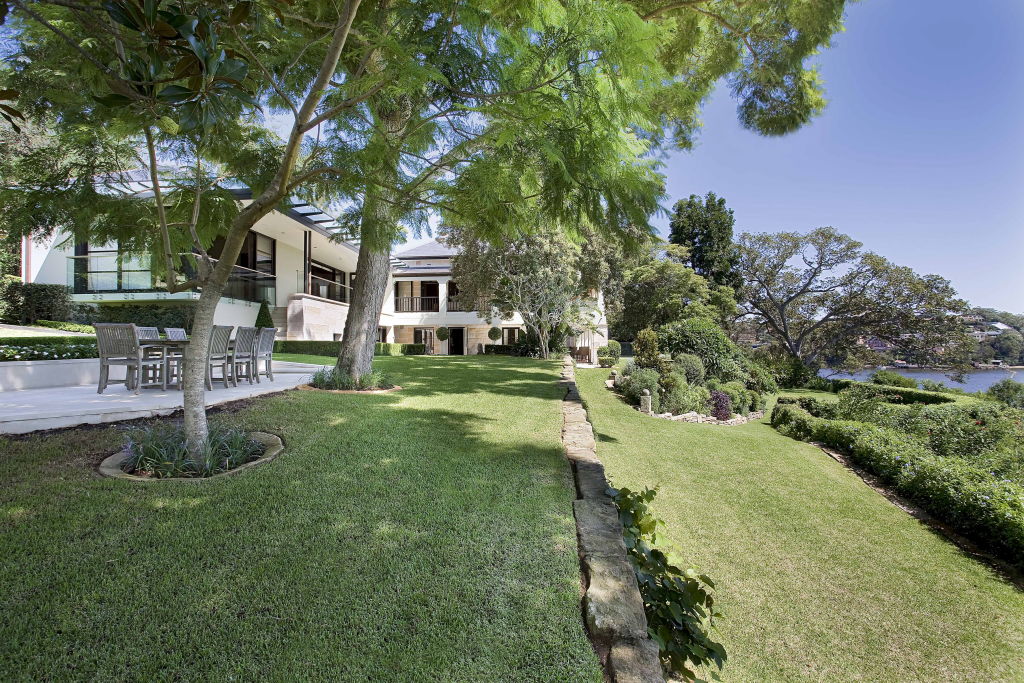
One of this year’s highest house sales was earlier this week when the wife of Chinese supermarket billionaire Zhang Xuansong, Huang Qiaorong, sold the Vaucluse trophy home she bought in late 2015 for $36 million.
Bill Malouf, of LJ Hooker Double Bay, and Ben Collier, of The Agency, declined to reveal the sale price but sources say it sold to a local family for almost $40 million.
The Luigi Rosselli-designed residence has been rented in recent years by Huang’s associate JD.com founder Richard Liu, whose wife Zetian Zhang is also selling her CBD penthouse.
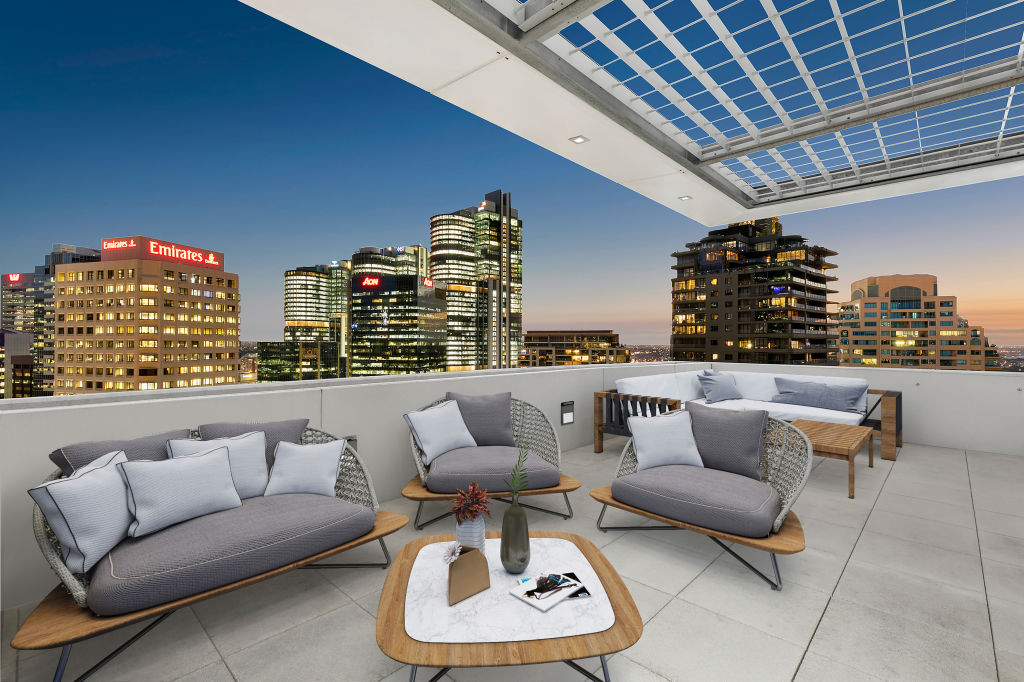
Zhang, the internet sensation known in China as Milk Tea Sister, bought her apartment atop the Stamford Residence for $16.2 million in 2015, and is now seeking a buyer for $15 million.
Shanghai-based shipping magnate Shannian Huang is also selling his penthouse atop The Residence overlooking Hyde Park after five years.
Huang bought it in 2013 for $17 million for his son Hugh Huang, and it returns to the market for $26 million.
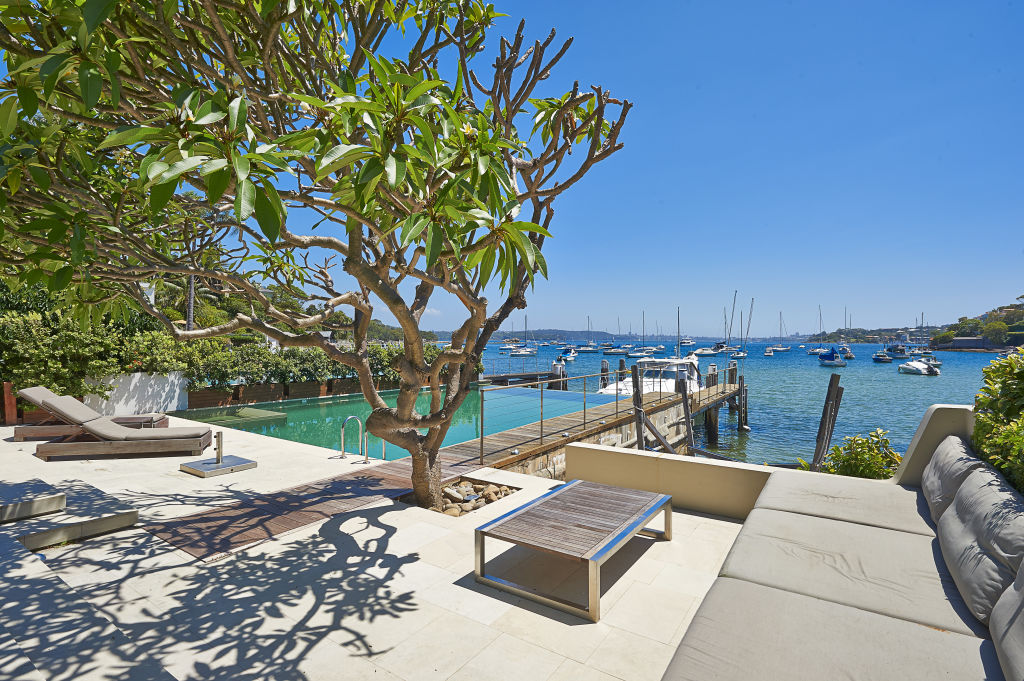
Sources say Hugh Huang is also in discussions to sell his waterfront property in Point Piper he bought in 2013 for $14.35 million from Sydney FC chairman Scott Barlow.
Since July foreign buyers have been slugged an extra 2 per cent land tax on their New South Wales residential property.
“That’s another incentive for foreigners to sell,” said Michael Pallier, of Sotheby’s International.
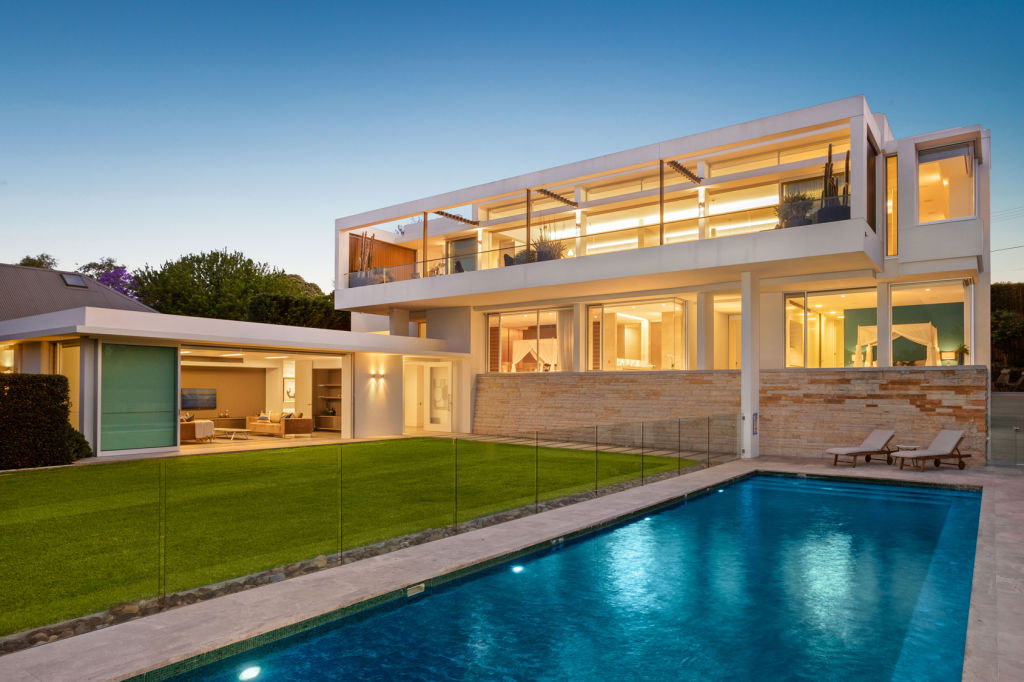
McGrath’s Craig Donohue said the cost of the extra land tax was not so much an issue as the way it was viewed as a “disrespectful money grab” by some foreigners.
“There is a sense that foreign buyers have propped up the market in recent years and, in return, this money grab is just an insult,” he said.
Businessman Sam Guo, known as the Chinese Gatsby, listed his redundant historic Hunters Hill estate Windermere in September with $18 million hopes, but has recently dropped the price to $15 million to $16 million.
Real estate mogul Ping Wei, whose Shanghai United bought the InterContinental Sydney Double Bay for $140 million last year, sold his Longueville trophy home earlier this month.
It was one of two bought for $11.88 million in the lower north shore suburb in recent years setting a suburb record.
Listed in November for $12.5 million, local sources say it sold for close to that. The nearby waterfront mansion is expected to hit the market in the coming year.
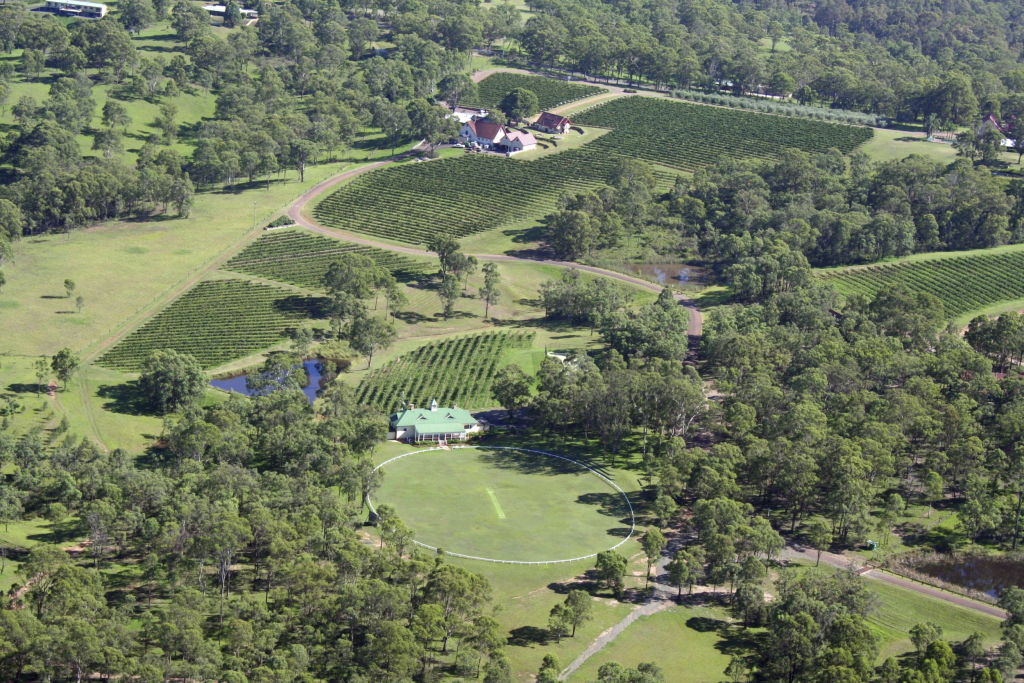
The Hunter Valley winery Wandin Valley Estate, named after the fictional TV show A Country Practice, is up for $9 million by Lap Tung Tsoi, from the Guangzhou-based animation and toy manufacturing empire Alpha Group.
The 40-hectare property in Lovedale last traded in 2016 for $7 million.
Malouf said there are still high-end sales to buyers from China — with three sales of more than $20 million in recent weeks in Vaucluse alone — but that the budget for such homes is a fraction what it was a few years ago.
“Where they might have budgeted to spend in excess of $40 million, they are now more likely to spend $20 million,” he said.
We recommend
We thought you might like
States
Capital Cities
Capital Cities - Rentals
Popular Areas
Allhomes
More




